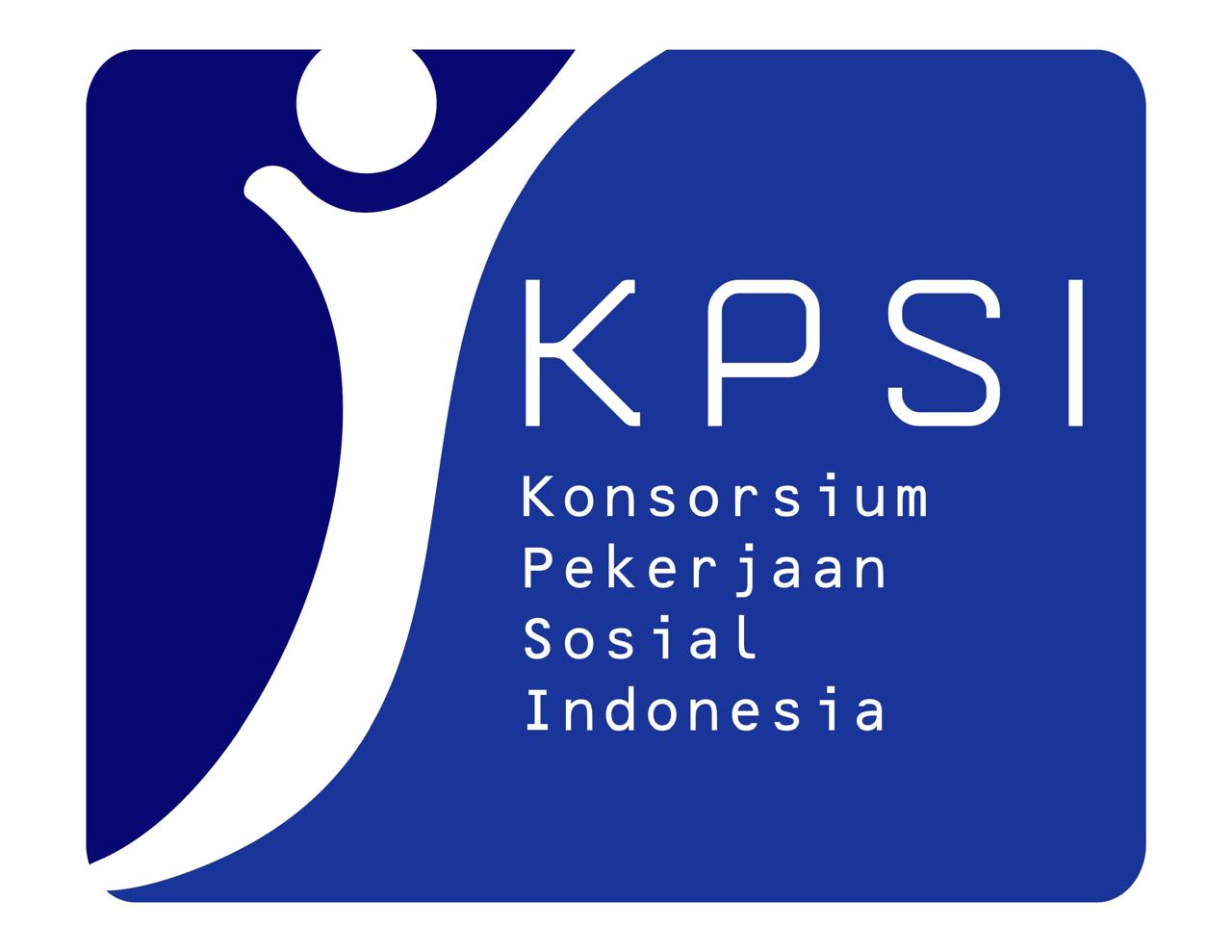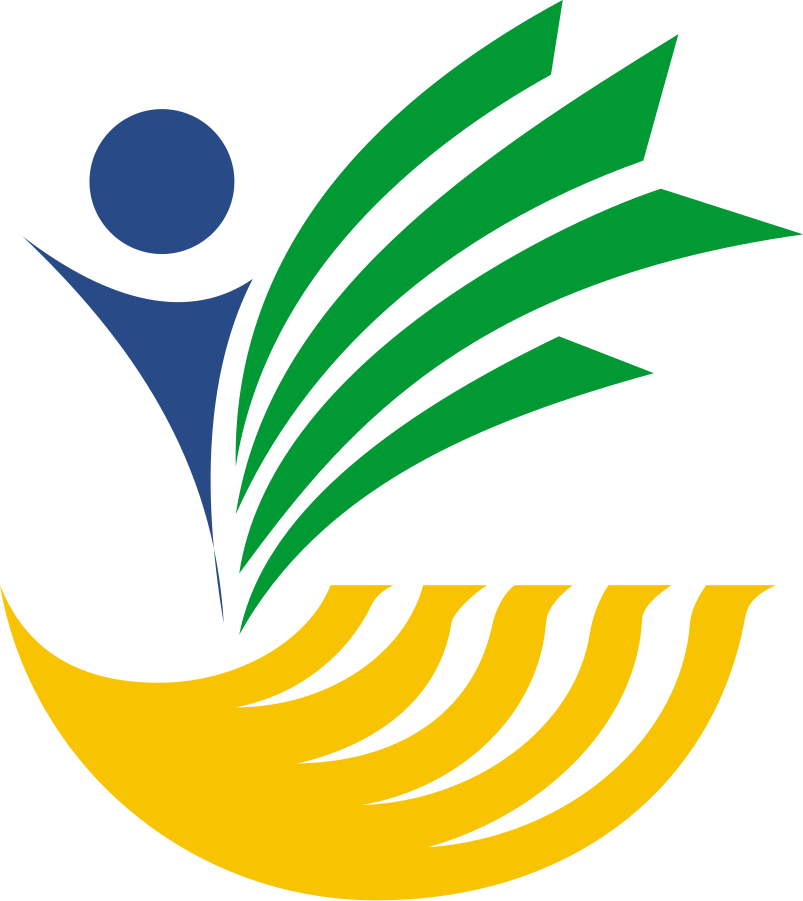Social Work in the Asia Pacific Region in the 21 st Century: Challenges, Opportunities and the Role for Social Work Education
DOI:
https://doi.org/10.58671/aswj.v12i1.83Keywords:
Social Work, Social Work Education, Asia PacificAbstract
The recent pandemic is an example of the major global challenges that impact locally and globally including war and conflicts, climate change, ecological damage, human and natural disasters, gender-based inequality and violence, poverty and inequality, and global movements of peoples. The Asia Pacific Region incorporates a vast geographic area of the world with a diverse range of countries at various stages of social and economic development, but all of which share the impacts of many of these global challenges. Social workers are a key workforce that can contribute to social development and work at the interface of the local with the global across the region. Drawing on literature, policy documents and observations some of the current challenges facing the development of the social work workforce in the region will be discussed as well as the opportunities for social work to contribute to social development and to the achievement of the UN Sustainable Development Goals. The critical role of social work education in developing the social work workforce to meet these global challenges is also discussed.
References
ASEAN. (2020). Ha Noi Declaration on Strengthening Social Work Towards Cohesive and Reponsive ASEAN Communtiy. ASEAN. https://asean.org/wp-content/uploads/2012/05/14-Ha-Noi-Declaration-on-Stengthenin-Social-Work_FINAL.pdf
ASEAN. (2021a). ASEAN Disaster Resilience Outlook: preparing for a future beyond 2025. ASEAN Secretariat. https://asean.org/wp-content/uploads/2021/10/ASEAN-Disaster-Resilience-Outlook-Preparing-for-the-Future-Beyond-2021-FINAL.pdf
ASEAN. (2021b). ASEAN Road Map for the Implementation of the Hanoi Declaration on Strengthening Social Work for Cohesive and Responsive ASEAN Community.
Baikady, R., & Cheng, S.-L. (2022). Challenges for social work education in China: findings from three metropolises. Social Work Education, 41(1), 34-49. https://doi.org/10.1080/02615479.2020.1795109
Chi, I., Chong, A., Ng, T., & Busiol, D. (2019). Social work and sustainable development: An overview In A. Chong & I. Chi (Eds.), Social Work and Sustainability in Asia : Facing the Challenges of Global Environmental Changes. Taylor & Francis Group. http://ebookcentral.proquest.com/lib/unimelb/detail.action?docID=5646048
Das, T. K., Mehta, B., Nikku, B. R., Omer, S., & Granich, S. (2022). Decolonizing South Asian social work: an analysis. Social Work Education. https://doi.org/10.1080/02615479.2022.2075843
Ekoh, P. C. (2024). Is indigenisation a social justice risk? Exploring indigenisation of social work in Africa through the lens of universalism versus relativism of social work ethics and values. International Social Work, 67(1), 32-37. https://doi.org/10.1177/00208728221149556
Fatkhullah, M., Pamungkas, N. R., Habib, M. A. F., & Mulyani, I. (2023). Reducing Greenhouse Gas Emissions through Community-based Action: an Analysis of the Program Kampung Iklim in Indonesia. Asean Social Work Journal, 11(1), 28-37. https://doi.org/10.58671/aswj.v11i1.33
Hodge, L., Oke, N., McIntyre, H., & Turner, S. (2021). Lengthy unpaid placements in social work: exploring the impacts on student wellbeing. Social Work Education, 40(6), 787-802. https://doi.org/10.1080/02615479.2020.1736542
Höjer, S. C., H. Juha Hämäläinen, J. Lei, J., & Shardlow, S. F., Z. (2022). Fieldwork Education in Social Work as One Way of Building Bridges between China and Europe. In S. S. M. Rajendra Baikady, Varoshini Nadesan, M. Rezaul Islam (Ed.), The Routledge Handbook of Field Work Education in Social Work. Routledge
Hossain, M. I., Islam, M. S., Ali, I., & Azman, A. (2024). Challenges of social work field practicum and professionalization in Bangladesh. Social Work Education, 1-17. https://doi.org/10.1080/02615479.2024.2339468
IASSW/IFSW. (2020). Global Standards for Social Work Education and Training https://www.iassw-aiets.org/wp-content/uploads/2020/11/IASSW-Global_Standards_Final.pdf
IFSW. (undated). The Global Agenda Retrieved 10/05/2024 from https://www.ifsw.org/social-work-action/the-global-agenda/
Ioakimidis, V., & Sookraj, D. (2021). Global standards for social work education and training. International Social Work, 64, 002087282198979. https://doi.org/10.1177/0020872821989799
Jones, D. N. (2024). The Global Agenda for Social Work and Social Development: A Conflicted Global Concept? Practice, 36(2), 101-109. https://doi.org/10.1080/09503153.2024.2323062
Kourgiantakis, T., & Lee, E. (2020). Social work practice education and training during the pandemic: Disruptions and discoveries. International Social Work, 63(6), 761-765. https://doi.org/10.1177/0020872820959706
Lee, J. A., & Yan, M. C. (2024). The development of social work education in South Korea: a historical review. Social Work Education, 43(1), 186-202. https://doi.org/10.1080/02615479.2022.2107196
Morley, C., Hodge, L., Clarke, J., McIntyre, H., Mays, J., Briese, J., & Kostecki, T. (2023). ‘THIS UNPAID PLACEMENT MAKES YOU POOR’: Australian social work students’ experiences of the financial burden of field education. Social Work Education, 1-19. https://doi.org/10.1080/02615479.2022.2161507
Nguyen, H. T., Cohen, E., Văn Đỗ, T., Nguyễn, D. H. T., Ngô, T. M. T., Văn Kiều, T., Thị, K. D. L., Đặng, M. L. T., Le, T. T., & Bùi, M. T. (2022). Social work field education in Vietnam: Challenges and recommendations for a better model. International Social Work, 65(6), 1216-1231. https://doi.org/10.1177/0020872820930264
Palattiyil, G., McInnes, A., & Walker, J. (2024). Integrating the Global Agenda for Social Work Practice and Education. Practice, 36(2), 89-99. https://doi.org/10.1080/09503153.2023.2291989
Riaz, S., & Granich, S. (2023). Professional development of social work education and practice in Pakistan within a global context. Social Work Education, 42(8), 1402-1417. https://doi.org/10.1080/02615479.2022.2032631
Shek, D. T. L., Golightley, M., & Holloway, M. (2017). Editorial: A Snapshot of Social Work in the Asia Pacific Region. The British Journal of Social Work, 47(1), 1-8. http://www.jstor.org/stable/26363618
Simarmata, K., Widhagdha, M. F., Pradipta, G., Aditya, R., & Saipullah. (2023). Realizing Gender Equality in Coastal Areas: Conservation of Critical Land and Empowerment of Women. Asean Social Work Journal, 11(1), 63-73. https://doi.org/10.58671/aswj.v11i1.40
UNDP. (2023). UNDP RBAP: Anticipating Risks and Uncertainties for Asia and Pacific: 2023 Updated Key Risks Report. United Nations Development Programme. https://www.undp.org/asia-pacific/rhdr2024
UNDP. (2024). 2024 Regional Human Development Report- Making Our Future: New Directions for Human Development in Asia and the Pacific United Nations Development Programme.
UNDP Asia Pacific. (2019). Climate change in Asia and the Pacific. What's at stake? . UNDP Asia Pacific. Retrieved 15/05/2024 from https://www.undp.org/asia-pacific/news/climate-change-asia-and-pacific-whats-stake
UNFPA Asia Pacific. (undated). Population Trends UNFPA-AP. Retrieved 3/05/2024 from https://asiapacific.unfpa.org/en/populationtrends
UNICEF. (2018). State of the Social Service Workforce in South Asia. UNICEF.
UNICEF/GSSWA. (2019). The Social Service Workforce in the East Asia and Pacific Region: Multi-Country Review. UNICEF East Asia and Pacific.
United Nations Department of Economic and Social Affairs. (undated). UN Sustainable Development Goals Retrieved 30/05/2024 from https://sdgs.un.org/
Downloads
Published
How to Cite
Issue
Section
License
Copyright (c) 2024 David Rose

This work is licensed under a Creative Commons Attribution-NonCommercial-ShareAlike 4.0 International License.
































